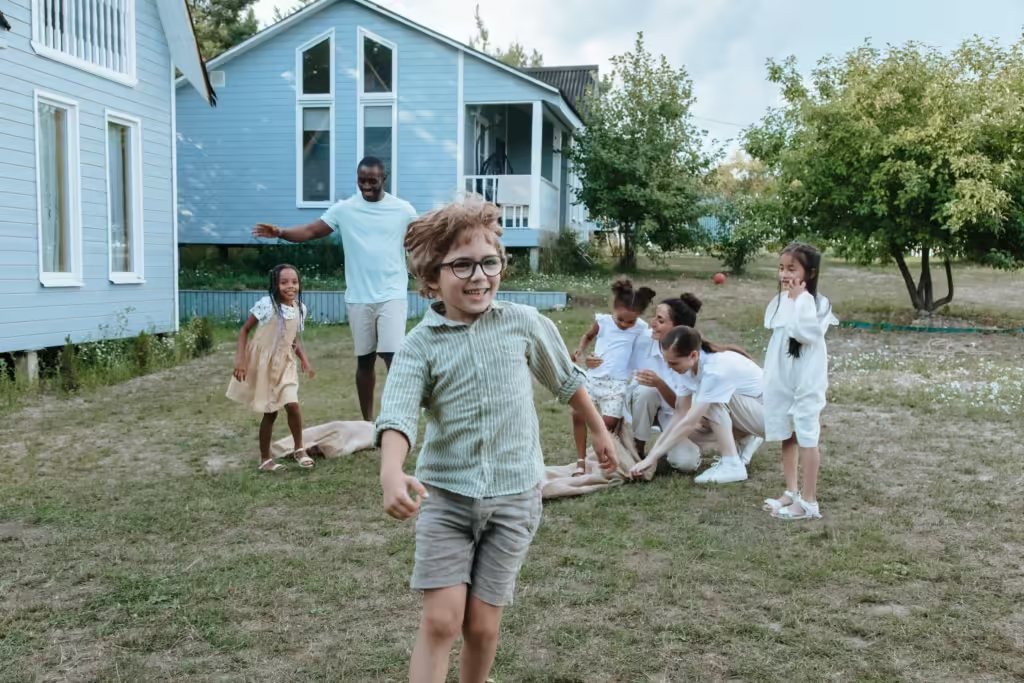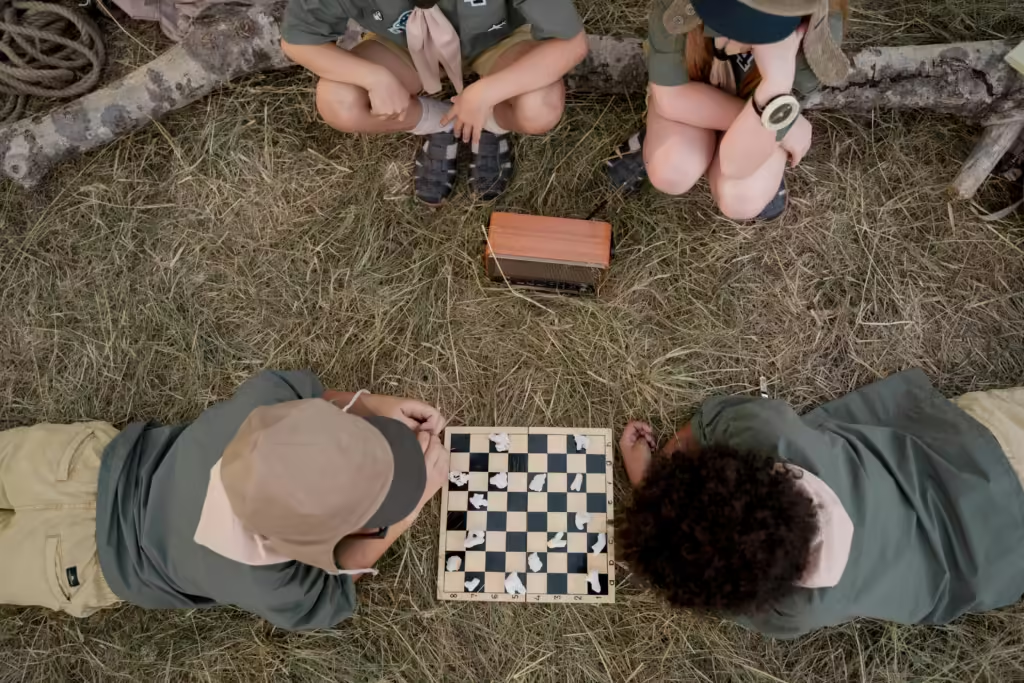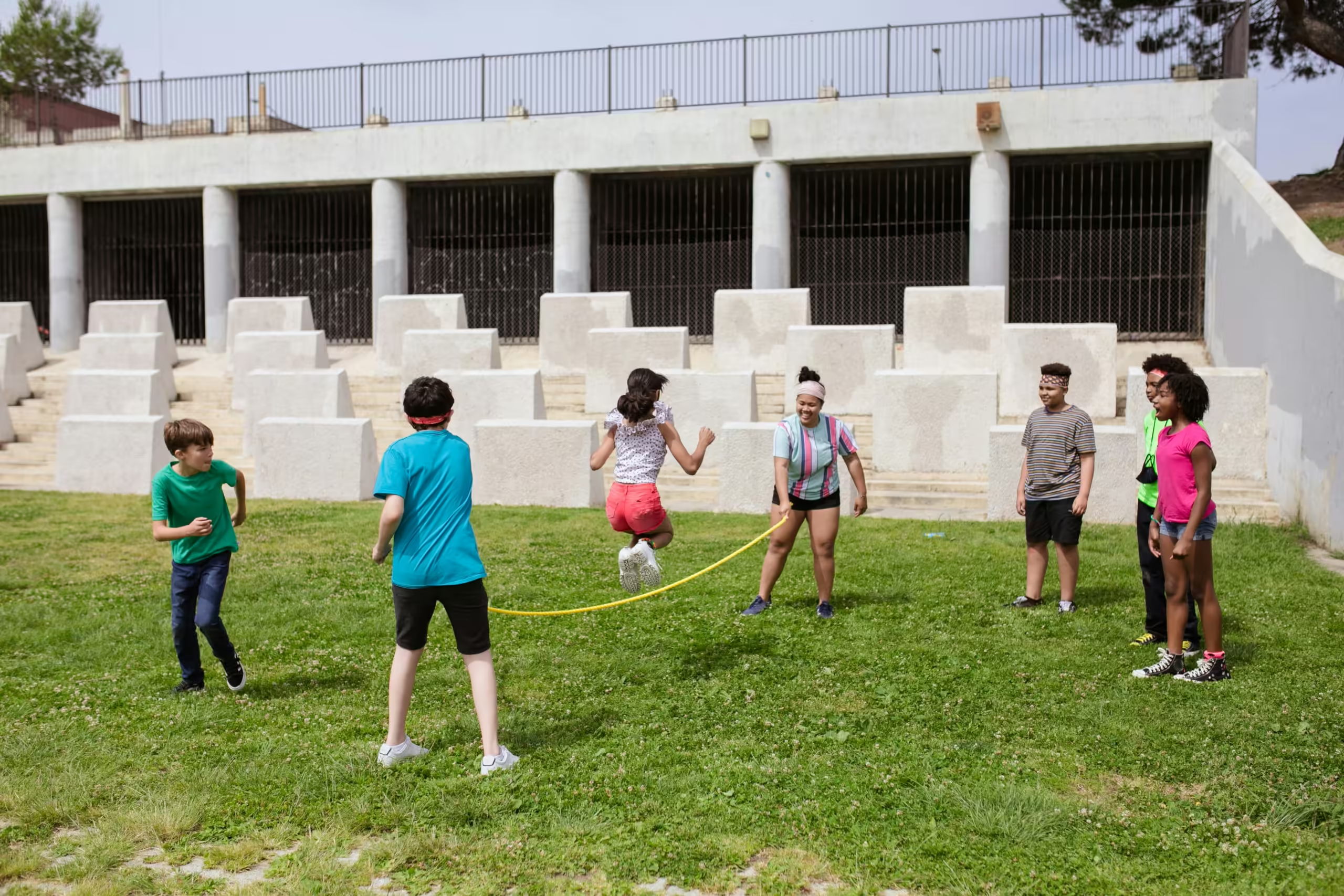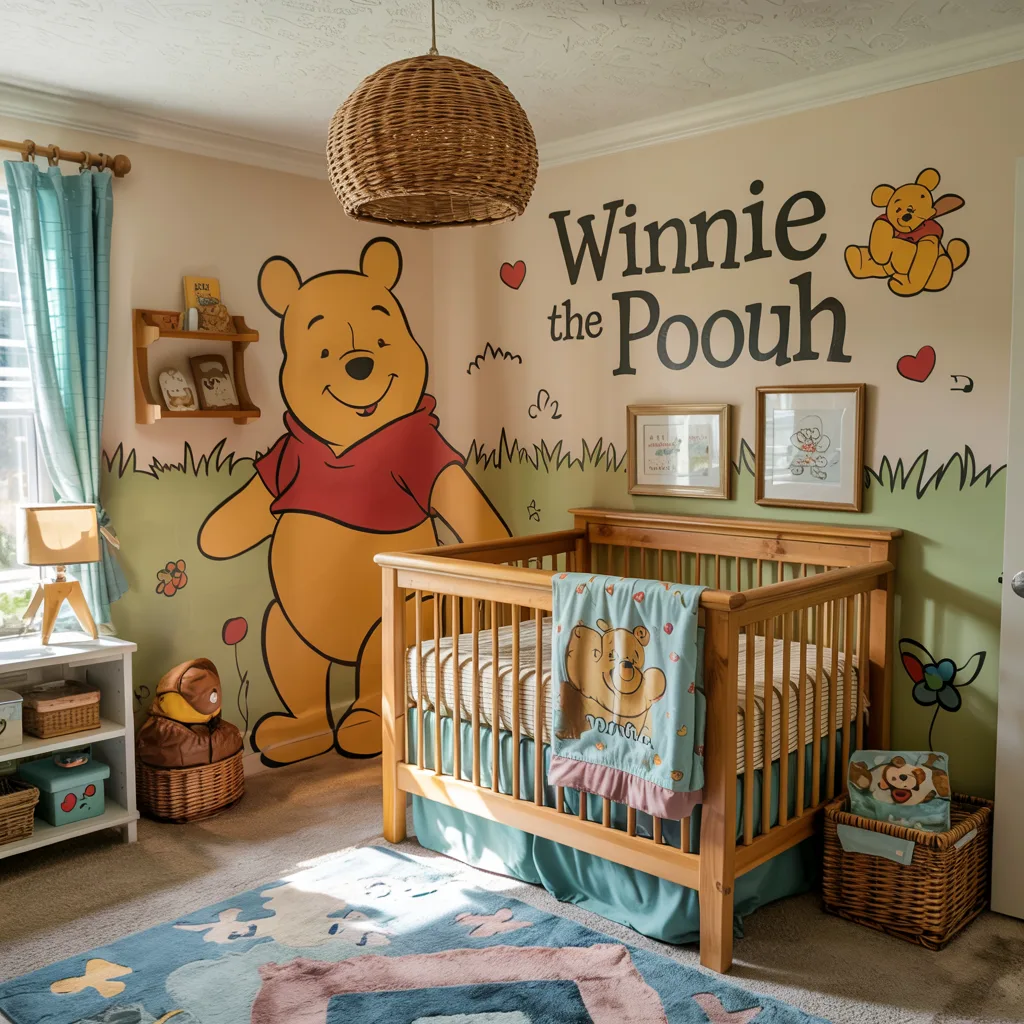Childhood games are more than just fun – they’re super important for growing up happy and healthy! Let’s dive into the world of games and see why they’re so awesome for kids and families.
Table of Contents
Quick Takeaways about Childhood Games
- Boost physical and mental development
- Strengthen family bonds
- Teach important life skills
- Provide screen-free entertainment
- Create lasting memories
Why Childhood Games Matter
Games aren’t just about having a good time (though that’s a big part of it!). They help kids grow in lots of different ways:
- Physical growth: Running, jumping, and playing help make strong, healthy bodies
- Brain power: Games make kids think, solve problems, and be creative
- Friendship skills: Playing together teaches kids how to get along with others
- Emotional smarts: Games help kids understand feelings and learn to control them
- Family fun: Playing together makes families closer and happier
According to the American Academy of Pediatrics, play is so important for kids that doctors call it a basic need – just like food, water, and sleep!
Types of Childhood Games
There are so many fun childhood games to choose from. Here are some different types:

- Board games: Great for thinking and taking turns (like Monopoly Junior or Candy Land)
- Card games: Fun for memory and matching (like Go Fish or Uno)
- Active games: Get bodies moving (like Tag or Hide and Seek)
- Pretend play: Use imagination (like playing house or dress-up)
- Building games: Create cool stuff (like with Legos or blocks)
Benefits of Different Childhood Games
Each type of game helps kids learn different things:
| Game Type | What Kids Learn |
|---|---|
| Board Games | Strategy, patience, following rules |
| Card Games | Memory, quick thinking, math skills |
| Active Games | Physical fitness, coordination, teamwork |
| Pretend Play | Creativity, empathy, problem-solving |
| Building Games | Spatial awareness, planning, fine motor skills |
How to Choose the Right Childhood Games
Picking the best games for your family is easy if you follow these tips:
- Age-appropriate: Choose games that match your child’s age and skills
- Interests: Pick games about things your child likes (like animals or sports)
- Family fun: Find games everyone in the family can enjoy together
- Learning goals: Select games that teach skills you want your child to work on
- Variety: Mix it up with different types of games to keep things exciting
The National Association for the Education of Young Children suggests that a mix of different types of play is best for children’s development.
Making Childhood Games a Family Tradition
Playing games together is a great way to bond as a family. Here are some ideas to make it a regular thing:
- Weekly game night: Set aside one night a week for family game time
- Game rotation: Let each family member pick a game to play each week
- Holiday game marathons: Make playing games part of your holiday traditions
- Travel games: Bring small games on trips for fun on the go
- Make your own games: Create family games based on your favorite memories or inside jokes
“Play gives children a chance to practice what they are learning.” – Mr. Rogers
Childhood Games in the Digital Age
With so many video games and apps around, it’s important to balance screen time with other types of play. Here’s how:

- Set screen time limits: Decide how much time kids can spend on digital games
- Choose educational apps: Look for games that teach while they entertain
- Play together: Join in on digital games to make them more social
- Balance with outdoor play: Make sure there’s plenty of active, outdoor game time too
- Use tech for traditional games: Try digital versions of classic board games for a mix of old and new
The World Health Organization recommends that children under 5 should have no more than 1 hour of screen time per day, and less is better.
Creating Your Own Childhood Games
Making up your own games can be super fun! Here’s how to get started:
- Use what you have: Look around the house for game pieces and boards
- Mix and match: Combine rules from different games to make a new one
- Let kids lead: Ask your children for ideas – they’re great at making up games!
- Theme it: Base your game on a favorite book, movie, or family vacation
- Keep it simple: Start with easy rules and add more as you play
Childhood Games for Different Ages
As kids grow, they enjoy different types of games. Here’s a quick guide:
| Age Group | Game Ideas |
|---|---|
| Toddlers (1-3 years) | Peek-a-boo, simple puzzles, ball games |
| Preschoolers (3-5 years) | Memory games, simple board games, dress-up |
| School-age (6-12 years) | Strategy games, team sports, complex board games |
| Teenagers (13+ years) | Word games, video games, outdoor adventure games |

The Lasting Impact of Childhood Games
The games we play as kids stick with us forever. They can:
- Create happy memories: Game time often becomes favorite family stories
- Build lifelong skills: The things we learn from games help us as grown-ups too
- Foster family traditions: Games can be passed down through generations
- Develop hobbies: Childhood games might turn into adult interests or even careers
- Teach life lessons: Games show us how to win, lose, and work together
Research from the Frontiers in Psychology journal shows that play in childhood is linked to better social skills and creativity in adulthood.
Conclusion
Childhood games are a treasure trove of fun, learning, and family bonding. From board games to outdoor play, digital apps to made-up family games, there’s a world of play waiting to be explored. By making games a regular part of family life, you’re giving your kids more than just fun times – you’re helping them grow, learn, and create memories that will last a lifetime. So gather the family, pick a game, and let the fun begin!
Frequently Asked Questions about Childhood Games
1. How much time should kids spend playing games each day?
There’s no one-size-fits-all answer, but aim for at least an hour of active play daily. Balance game time with other activities like homework, chores, and family time.
2. Are video games bad for kids?
Not all video games are bad. Many can be educational and fun. The key is to choose age-appropriate games and set reasonable time limits.
3. What if my child is a sore loser?
It’s normal for kids to dislike losing. Use these moments to teach about good sportsmanship, coping with disappointment, and the joy of playing, win or lose.
4. How can I get my older kids interested in family game night?
Let them choose games, invite their friends, or try more challenging games that appeal to their age group. You could also introduce video game nights for a modern twist.
5. Are educational games as fun as regular games?
Many educational games are designed to be just as fun as other games. The key is finding ones that match your child’s interests and presenting them as fun activities, not as work.











